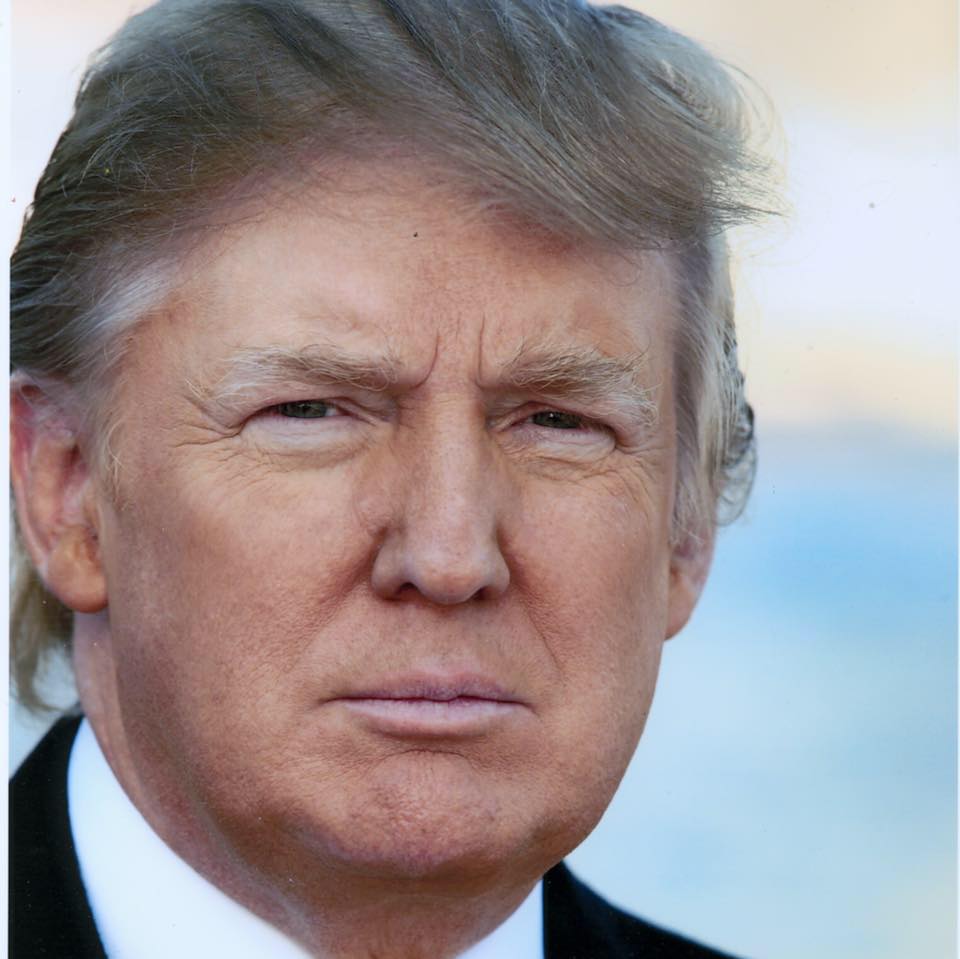Trump Declares Himself as “King”.
Washington, D.C. – February 20, 2025
Former U.S. President Donald Trump has stirred controversy once again, this time by referring to himself as a “king” following his administration’s decision to block New York City’s congestion pricing plan. The statement, made via a post on Trump’s social media platform, Truth Social, has sparked widespread backlash from politicians, analysts, and the public, fueling debates over federal overreach and democratic values.
What Transpired?
On Wednesday, February 19, Trump announced his administration’s decision to halt New York City’s congestion pricing initiative—a plan designed to reduce traffic congestion and generate funding for the city’s mass transit system. The policy, which was set to take effect in mid-2025, would have imposed tolls on vehicles entering Manhattan’s central business district.
In a celebratory post on Truth Social, Trump declared:
“CONGESTION PRICING IS DEAD. Manhattan, and all of New York, is SAVED. LONG LIVE THE KING!”
Shortly after, the White House’s official X (formerly Twitter) account shared an image of Trump wearing a crown, with the caption:
“LONG LIVE THE KING!”
This move, unprecedented in modern U.S. politics, immediately drew attention and criticism, with many questioning both the policy decision and the language used by the former president.
The Controversy and Backlash
Trump’s declaration of himself as a “king” triggered outrage across political and public spheres, with critics arguing that the statement was an attack on democratic principles.
New York Governor Kathy Hochul was among the first to respond, taking a firm stand against Trump’s rhetoric. In a press conference, she stated:
“President Donald Trump tweeted, ‘Long live the king.’ I’m here to say New York hasn’t labored under a king in over 250 years, and we sure as hell are not going to start now.”
The congestion pricing plan, which had undergone years of federal review, was expected to generate $1 billion annually to fund improvements in the Metropolitan Transportation Authority (MTA). MTA Chairman Janno Lieber voiced his disappointment, stating:
“We tried gridlock for 60 years. It didn’t work. It cost our economy billions. But you know what’s helping our economy? What’s making New York a better place? Congestion pricing.”
New York City Mayor Eric Adams also weighed in, calling Trump’s move a “politically motivated interference” that undermines local governance.
“This decision sets a dangerous precedent. If a president can single-handedly overturn policies that local governments and transportation experts have worked on for years, what stops future federal overreach?”
Trump’s History with Authoritarian Language
While Trump has been known for his bold and controversial statements, his latest self-coronation as ‘king’ raises fresh concerns about his views on executive power. Throughout his political career, Trump has often praised strongman leaders, including Vladimir Putin, Kim Jong-un, and Xi Jinping.
During a campaign rally in 2023, Trump stated:
“I have total power under Article II. The president can do whatever he wants.”
His recent remarks appear to align with his longstanding authoritarian tendencies, which critics argue could undermine democratic norms in the U.S.
Legal and Political Implications
Beyond the rhetoric, the decision to halt New York’s congestion pricing plan is expected to face legal challenges. Experts argue that because the plan had already been approved through federal regulatory channels, Trump’s intervention could be contested in court.
Constitutional law professor Laurence Tribe warned that:
“The federal government blocking a locally-approved revenue mechanism could set a dangerous precedent. This decision could open the door for more federal encroachment on state and city policies.”
Democratic lawmakers have vowed to challenge the decision, with some suggesting that it could be reversed by a future administration.
What to Expect Next
As the legal battle unfolds, the political ramifications of Trump’s statement are expected to continue shaping public discourse. Democratic leaders are likely to use this moment to highlight Trump’s authoritarian tendencies, while Republican allies may attempt to downplay the controversy.
For New Yorkers, the immediate concern remains the future of the city’s public transportation system, which relies on the revenue that congestion pricing would have generated. MTA officials have warned that without new funding, subway and bus services could face budget cuts, leading to increased fares and reduced maintenance.
While Trump’s self-proclaimed “kingship” is unlikely to have real constitutional weight, his words and actions continue to push the boundaries of American political norms, setting the stage for another heated election cycle in 2025.



